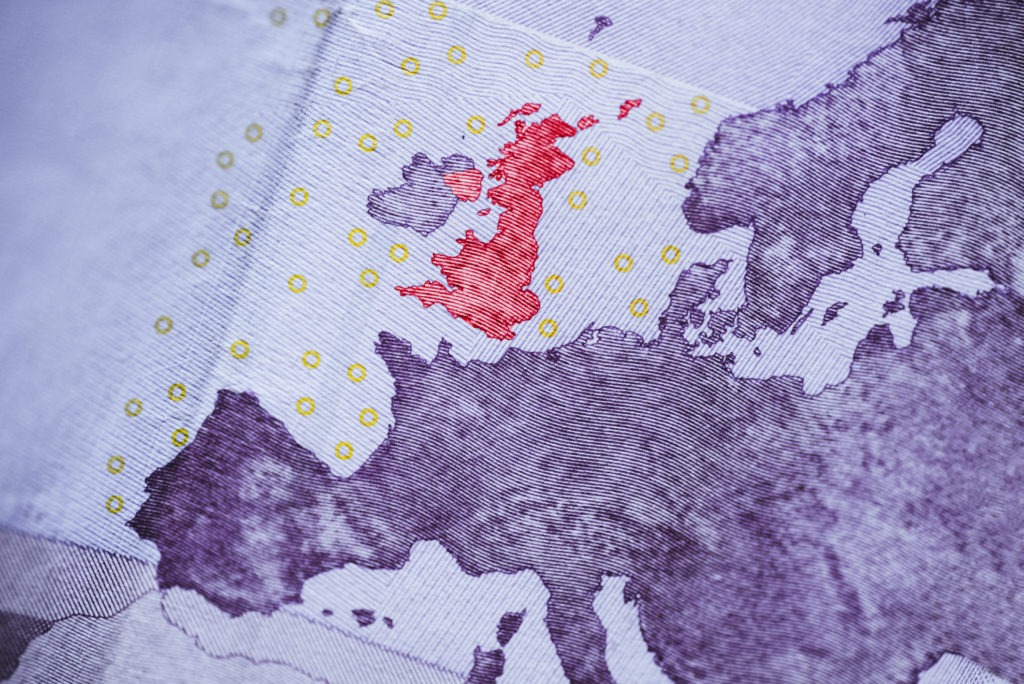Japanese and Turkish car parts may not count as ‘local’ in Brexit blow
30 September 2020

30 September 2020
In a new blow for UK-based car manufacturers, the European Union (EU) looks unlikely to sanction some third-party country vehicle parts as ′British-made’, leaving the door open to tariffs on exports even if a Brexit deal is reached.
According to a letter sent to the automotive industry in the UK, and seen by the BBC, chief negotiator Lord Frost says one of their key priorities – that parts and components from Japan and Turkey count as British in any deal – has been rejected by the European Commission. Therefore the UK ′obviously cannot insist on it’ according to Frost.
A separate draft legal text also asks the EU to treat battery-electric vehicles (BEVs) manufactured in the UK favourably, especially as many of the components within will not be supplied by UK-based businesses.
Cumulation
Manufacturers with plants based in the UK will need to prove that exported goods are actually British-made, with a specified threshold of British parts, expected to be around 50%. Under the terms of any anticipated deal with the EU, components from countries in the bloc will count as British, a move known as ′cumulation‘.
However, car parts imported to the UK from Japan and Turkey are not treated as British, and therefore these will count against locally sourced and European components. This means that even if a trade deal is put in place, some vehicles could end up attracting tariffs when exported.
Brexit negotiators have tried to get the cumulation agreement extended for Japanese and Turkish components, with both markets currently supplying European factories under trade agreements, but with little success.
According to the BBC, the letter says: ′I am sorry to say that so far they [EU negotiators] have neither been willing to discuss these nor share any proposed text with us.’
It is believed that discussions over the situation have stalled due to negotiators attempting to clear an impasse around fishing rights and subsidy powers.
Speaking to the BBC, Mike Hawes, chief executive of the Society of Motor Manufacturers and Traders (SMMT), said: ′Given its importance to the economy and livelihoods and the damaging consequences of tariffs we need the sector prioritised in negotiations, not traded off against other industries.’
Electric issues
One big issue around the subject of cumulation is the manufacturing of BEVs in the UK. Currently, a majority of battery components are sourced and assembled outside of the EU, and therefore battery cells would significantly count against British and European parts.
The original Brexit deal negotiated by former prime minister Theresa May contained a route to minimise checks on what are known as ′rules of origin’. That option was removed as part of the revision to the withdrawal agreement a year ago. But Lord Frost pointed out that the UK and EU27 car industries have jointly asked for such arrangements, including special consideration for electric vehicle exports.
Bad timing
The news will come as a blow to an automotive industry that is already mired in Brexit confusion, with the current transition period between the UK and the EU coming to an end on 31 December 2020. Without a trade deal in place, parts and vehicles will be subject to tariffs when imported and exported, potentially up to 10%. Should cumulation not include Turkish and Japanese components, a deal would be irrelevant until such a time that supply-chains can be amended – a move that would likely increase costs anyway.
In an additional blow, the UK recently agreed a free-trade deal with Japan, the first such deal following Brexit taking place at the end of January 2020. At the time, the automotive industry lauded the deal, however, if parts count against locally-sourced components, it nullifies any potential benefit from tariff-free imports.
There may also be a likelihood that the situation could see car making pulled out of the UK. Japanese carmaker Nissan has often speculated about the future of its Sunderland plant should a Brexit deal not materialise. The factory counts the Leaf BEV model amongst its output, and there is potential for the carmaker to move production elsewhere should components in the battery count against locally-sourced parts, meaning tariffs on exports. Japan also has a free-trade agreement with the EU, so by pulling production elsewhere, it could concentrate on shipping its leading BEV model to European markets tariff-free.